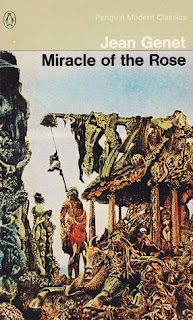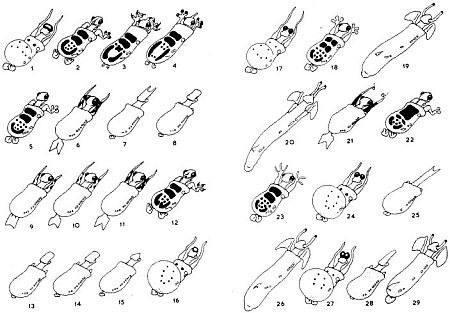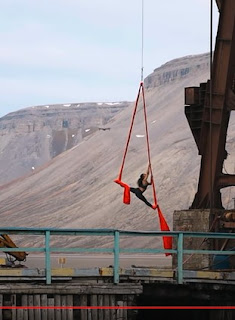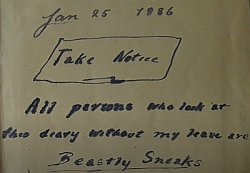When I was young, I worked for half a year in the Fish Department of Diergaarde Blijdorp aka Rotterdam Zoo to earn fees for graduate school. All my work-mates had left school at 16 because the preferred animals to books but they all spoke English . . . and German or French or both. The only reason I acquired any facility in Nederlands was because I had a pact with mijn makker Yvonne to only speak Dutch on the job. There's a bunch of words about aquariums which I still don't know in English.
Gaston Dorren grew up speaking Limburgish at home. By the time he was the same age as I was picking up the rudiments of Rotterdamish, Dorren had added Dutch, English, German, French, and Spanish to his linguistic toolkit. The tin-ear part of me heaves a big sigh of relief that I grew up speaking English but I suspect my lived experience would have been richer if I'd grown up with more than one way of articulating my world. Dorren has worked to master some non-PIE languages since then and recently published Babel: Around the World in Twenty Languages, which I've been reading over Christmas. Turns out that {Ahn Yongo Ankilam Ingilizce Inggris Engelisi Angrezi Eigo Kiingereza Englisch Anglais Inggeris Angliyskiy Ingles Ingreji Ingiliziyy Angrezi Ingles Yingyu} is the Number One language of the world - and not only for civil aviation and bioinformatics. It achieves this by being the second language for about 1 billion people; nearly ½ million of whom, mostly Polish, live in Ireland.The above list of {English-as-a-foreign-language}variants have been transliterated in to Romaji/Latin alphabet and I spared you all the diacritical marks which make, say, Vietnamese, so interesting on the page. The 20 languages riffed on in Babel are those which can muster the largest number of speakers and half the people on our blue planet have achieved mastery of at least one of them. The Others jog along in about 6,000 tongues, about one of which winks out every week. You should be able to have a punt [Anglais?], from the list, at which languages make the cut for Babel.
Each chapter of the book has a title page giving the head count and a stats page highlighting some peculiarities of inflection, gender or grammar which characterises that language. Beyond that Dorren makes an effort to changes up the way each chapter is written. A little like Ulysses where both style and story are different for each episode.
The chapter of Farsi is an amusing Socratic dialogue. While a big chunk of the pages allotted to Arabic consist of a dictionary of words borrowed into English: safari, sahib, Sahel, Sahara, zenith, sharia, sash, sheik, zero / cipher, sequin, sorbet, scirocco, sofa, sugar, souk . . . and that's only (some of) the Ss.
He devotes much of the chapter on Hindustani [half a billion speakers] exposing the posturing on both sides of the Radcliffe Line. The Pakistanis insist that their people speak Urdu, while across the border Hindi is the language of the government of India. But everyone enjoys Bollywood films without recourse to subtitles. Subtitles would indeed only pile on confusion because two different scripts [ دو مختلف اسکرپٹ दो अलग स्क्रिप्ट ] are used on either side of the borrrder. You may have seen the furious turkey-cock border ceremony at the Wagah Crossing.
Other interesting facts about linguistics, politics, history and the subjunctive have been hooked onto other chapters - these insights are usually relevant in other parts of the world. Great book - recommended. Next? Lingo by . . . Gaston Dorren










 for BTLit etc. - and shelves them with everything else. But really what constitutes LGBT+ literature?
for BTLit etc. - and shelves them with everything else. But really what constitutes LGBT+ literature? 


















